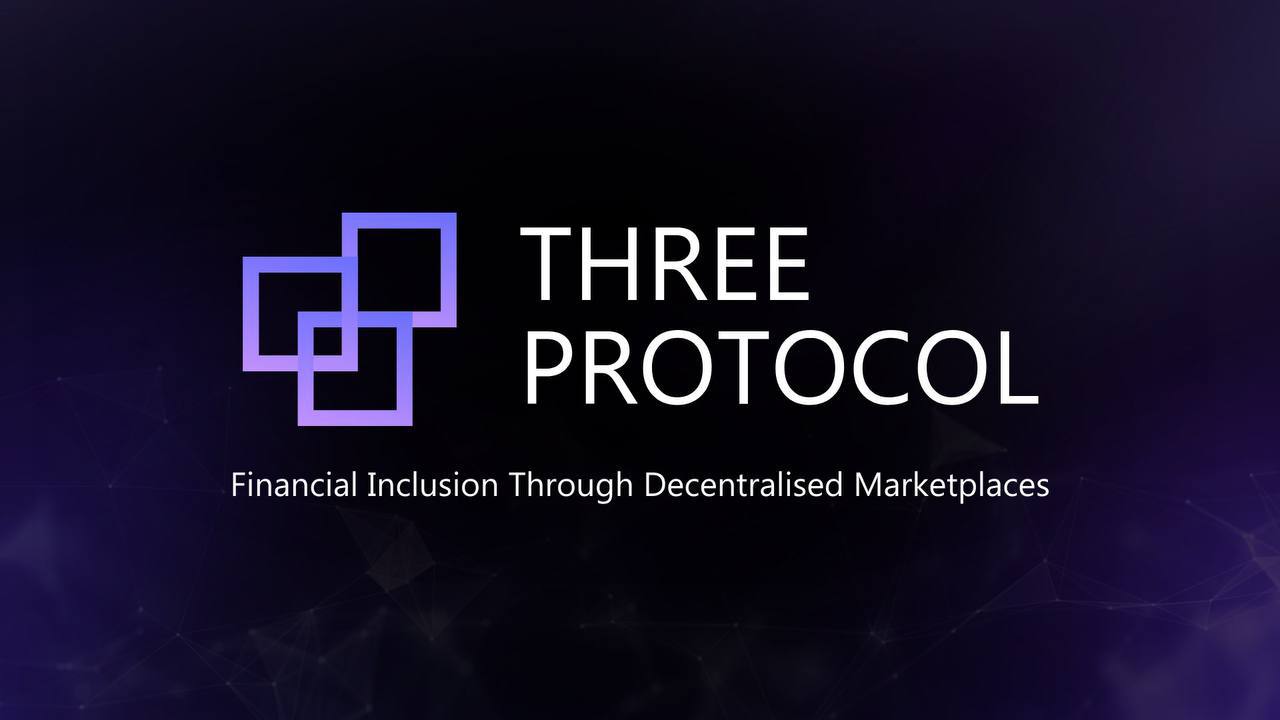Blockchain Association CEO Kristin Smith Criticizes SEC’s Regulatory Approach as ‘Unacceptable’ Despite Anticipated Anti-Crypto Stance
The crypto industry professionals have voiced their reactions to the recent actions taken by the United States Securities and Exchange Commission (SEC) against two major cryptocurrency exchanges, Binance and Coinbase.
On June 5, the Securities and Exchange Commission (SEC) initiated legal action against Binance, accusing the exchange of offering unregistered securities. Interestingly, just a day after filing the lawsuit against Binance, the SEC turned its attention to Coinbase, making similar allegations.
The commission claimed that certain well-known cryptocurrencies provided by Coinbase, including Solana (SOL) with a decrease of $20 in tickers, Polygon (MATIC) with a decrease of $0.7952 in tickers, and The Sandbox (SAND) with a decrease of $0.51 in tickers, should be classified as securities.
Today we charged Binance Holdings Ltd. (Binance); U.S.-based affiliate, BAM Trading Services Inc., which, together with Binance, operates https://t.co/swcxioZKVP; and their founder, Changpeng Zhao, with a variety of securities law violations.https://t.co/H1wgGgR5ir pic.twitter.com/IWTb7Et86H
— U.S. Securities and Exchange Commission (@SECGov) June 5, 2023
Cointelegraph contacted various market players actively involved in the crypto space to gather their perspectives on the recent actions undertaken by the SEC. The responses received spanned a range of opinions, from expressing concerns that the regulatory actions would push crypto companies away from the United States to outright labeling the SEC’s actions as lazy. The industry players provided their valuable insights and thoughts regarding these significant developments.
Also Read This Related: Cardano Foundation Clashes With US SEC; Robinhood Considers Delisting $ADA
Deemed an ‘unacceptable’ regulatory approach
Kristin Smith, the CEO of the Blockchain Association, expressed her perspective on the SEC’s actions, stating that although they are anticipated, they remain unacceptable. Smith clarified that while the SEC does not create the laws, their regulatory approach is disapproved of, aligning with their well-known anti-crypto stance.
Amidst the industry’s collaborative efforts with the U.S. Congress to establish comprehensive regulations, the executive emphasized that the SEC’s actions continue to divert attention away from meaningful policy development.
The executive argued that by employing this approach to listing assets, the SEC is attempting to bypass formal rulemaking processes and hinder public participation.
On the other hand, Paolo Ardoino, the Chief Technology Officer of Tether, emphasized the importance of listening to companies’ grievances against the SEC.
Ardoino noted that the lack of clarity in rules and guidance within the United States is becoming a prevailing concern, even among the nation’s staunchest crypto supporters.
Echoing Smith’s viewpoint, Turbos Finance CEO Ted Shao expressed a similar sentiment, stating that the recent developments are not aligned with the aspirations of Web3 developers. Shao emphasized that the actions of the SEC indicate opposition towards the entire Web3 ecosystem, as they are targeting prominent projects in addition to centralized exchanges.
According to Shao, this approach signifies a broader stance against the Web3 space as a whole, raising concerns among industry professionals.
Causing an exodus of crypto players and eroding consumer confidence
Apart from being deemed unacceptable, industry professionals argue that the consequences of the SEC’s recent actions include driving crypto players towards jurisdictions with a more favorable stance on cryptocurrencies and eroding consumer confidence in the United States.
Crypto analyst Will Paige from Insider Intelligence pointed out that these lawsuits underscore the SEC’s approach of regulating the crypto space primarily through enforcement rather than a well-defined regulatory framework. Paige warned that this enforcement-centric approach has the potential to further undermine the already fragile consumer confidence in cryptocurrencies within the country.
Crypto ownership data from 2020 to 2023 and projection for 2024. Source: Insider Intelligence
According to Ben Caselin, the Chief Strategy Officer at crypto exchange MaskEX, although the case is specifically targeted at Binance, it could have broader implications for other players within the United States. Caselin highlighted that this situation might create favorable conditions for alternative jurisdictions like Hong Kong, Dubai, or even El Salvador to foster innovation, attract capital, and lure talent in the crypto space. As a result, the regulatory actions against Binance could potentially pave the way for these jurisdictions to become thriving hubs for crypto-related activities.
Oscar Franklin Tan, the Chief Legal Officer of non-fungible token protocol Enjin, shares a similar perspective. Tan believes that the global crypto landscape will not wait for the United States to reach a definitive stance on cryptocurrencies.
Tan emphasizes that the SEC’s actions only serve to push talent and innovation away from the United States, redirecting them to countries with more transparent regulations that foster responsible development. Tan cites Singapore, which openly declared its divergence from the U.S.’s Howey test in 2020, and Japan, with its well-defined self-regulatory framework for exchanges, as examples of countries providing clearer guidelines in the crypto space.
The executive is of the belief that “progressive countries” will enjoy the advantages, particularly in light of the advancements in artificial intelligence and extended reality that underscore the necessity of blockchain technology and authentic digital ownership.
Questions raised about the fairness and motivations of the SEC
While some individuals shared their perspectives on the potential impacts of the SEC’s lawsuits against Binance and Coinbase, other professionals in the crypto industry delved into an examination of the SEC’s motivations and fairness behind these actions.
David Schwed, the Chief Operating Officer of Blockchain security firm Halborn, pointed out that the SEC’s primary objective is to protect investors, a goal that can be achieved through clear regulations rather than solely relying on enforcement measures.
Schwed expressed his view that SEC Chair Gary Gensler’s motivations may be influenced by personal ambitions, suggesting that the need to validate his own stance has taken precedence over fulfilling the core mandate of the SEC.
Alex Strześniewski, the founder of decentralized finance protocol AngelBlock, criticized the SEC’s actions as “lazy,” stating that they do not effectively advance proper regulation.
According to the executive, the SEC’s approach resembles a school teacher reprimanding someone for providing incorrect answers without offering any further explanation.
Additionally, Strześniewski expressed skepticism about the SEC’s jurisdiction, asserting that the commission may not possess authority over all the aspects they claim to regulate.
Tim Shan, the Chief Operating Officer of decentralized exchange Dexalot, shared his ambivalent sentiments regarding the lawsuits, emphasizing that the SEC’s actions are unjust to the crypto community. Shan expressed discontent with the lack of substantial clarity or guidance provided by the SEC to the crypto community.
He criticized the commission’s approach of regulating through the courts, deeming it as inherently unfair and an inappropriate method of governance and regulation.
Also Read This Related: US SEC’s Recent Actions Could Have Severe Consequences, Cautions Hong Kong Lawyer
Important: This article is intended solely for informational purposes. It should not be considered or relied upon as legal, tax, investment, financial, or any other form of advice.
Follow Cryptos Headlines On Google News:
Join Cryptos Headlines Community: https://linktr.ee/cryptosheadlines.com










